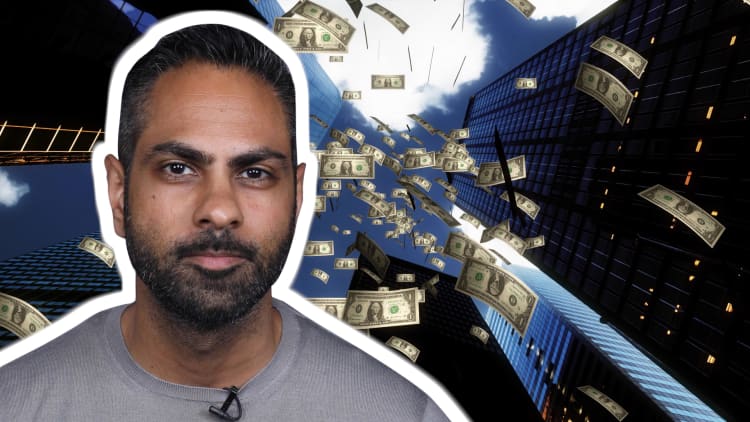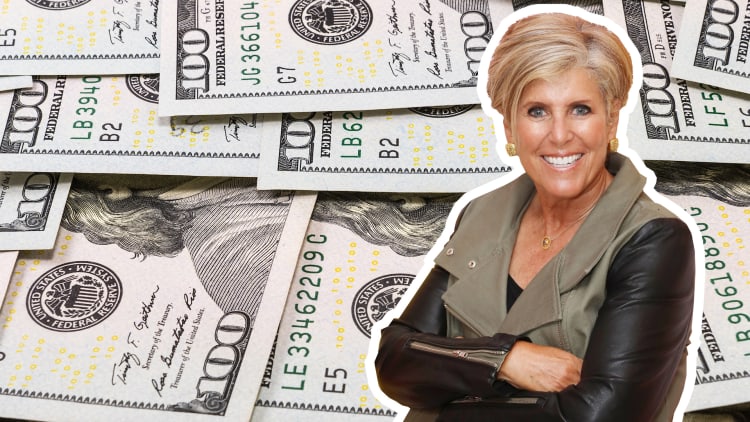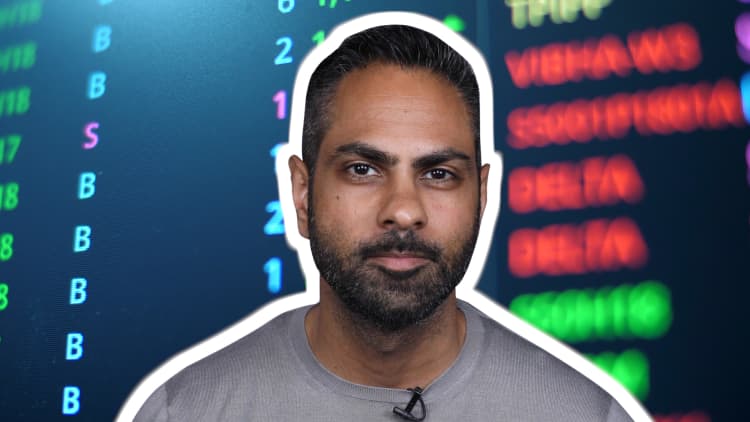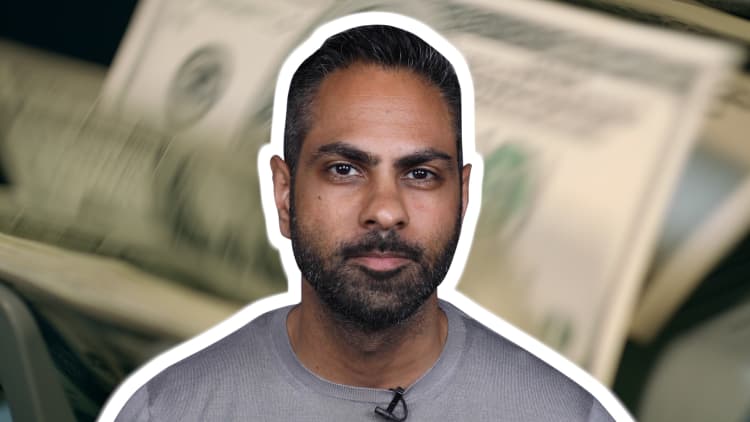A 401(k) is one of the most powerful tools you have to help you prepare for a successful retirement. But a lot of people don't know how to maximize their money when investing in one, and financial expert Ramit Sethi says that can lead to some expensive mistakes.
"American culture doesn't help us think about investing our money. We see celebrities and Instagram posts that show us the results of being rich, but not how to get there," Sethi writes in the updated version of his book "I Will Teach You to be Rich."
Only about one third of Americans say they understand how a 401(k) plan works, according to a recent poll from ValuePenguin of over 2,000 people.
But even if there are aspects of a 401(k) that confuse you, or you can't invest a lot right now, there's one thing you should always try to do with this type of account: Make the most of any employer match.
Why taking advantage of the match is so important
Any money you put in a traditional 401(k) goes straight from your pay before taxes are applied, so it reduces your taxable income. And your contributions are automatically deducted, so you won't be tempted to spend them.
401(k)s are also great because so many employers offer matching programs, and Sethi says not enough people take advantage of that perk.
Your company may be willing to contribute the same amount that you do to your 401(k), up to a certain point. For example, if you put 5% of your salary into your 401(k), your employer may also contribute 5%, depending on the type of program. The median matching level is 4% among Vanguard 401(k) plans.
"That's your company literally saying: 'Hey, here's some free money, do you want to take it?'" Sethi tells CNBC Make It. "If you don't take that, you're making a huge mistake."

Not sure if your company offers this perk? Ask your supervisor or your HR manager. "It's OK to ask if you don't know," he says. "It's totally fine."
If the answer is yes, then go ahead and max out that 401(k) match if possible. "That turns out to be worth a huge amount of money," Sethi says.
How you should use your 401(k)
Getting your financial life in order starts with your retirement accounts. So start investing ASAP — in your 20s, if you can — since the earlier you get going, the easier it is to end up a millionaire.
Once you have your 401(k) account set up and your contributions flowing in, it's important that you select how to invest your funds — otherwise your retirement money will essentially act like a savings account. Consider investing your dollars in a target-date fund, suggests Sethi, since that kind of a fund is a popular, low-cost and effective solution that does the balancing for you and largely takes the work out of your hands.
Also known as a life-cycle fund, a target-date fund is a plan offered by investment companies that involves spreading money around various assets with the goal of raising enough money for retirement by the specific date that the investor chooses. You can think of the fund as "a pie chart," Sethi says, with some of your invested money going into stocks and equities, some going to fixed income investments like bonds and some remaining in cash.
"I love these funds," Sethi says. "They are simple. You don't need to pick stocks."

Keep focusing on taking full advantage of your employer match. Then work your way up to investing the full amount most people can contribute each year, according to IRS guidelines — up to $19,000 in 2019 — if that's possible.
If you're not saving 10% of your income, consider at least bumping up your contribution level by 1% this year. "You will not notice the difference," says Carrie Schwab-Pomerantz, a financial adviser, board chair and president of the Charles Schwab Foundation.
The increases will go toward helping you build wealth. Vanguard recommends aiming to save a total of 12% to 15% of your income for the long term, including the match.
A 401(k) and company match is like "free money that piles up and earns more for you year after year," Sethi writes. "Set it up once, so you can retire earlier and live better when you do."
Don't miss: Fund your 401(k) first, says the author of 'I Will Teach You To Be Rich'—here's why
Like this story? Subscribe to CNBC Make It on YouTube!




